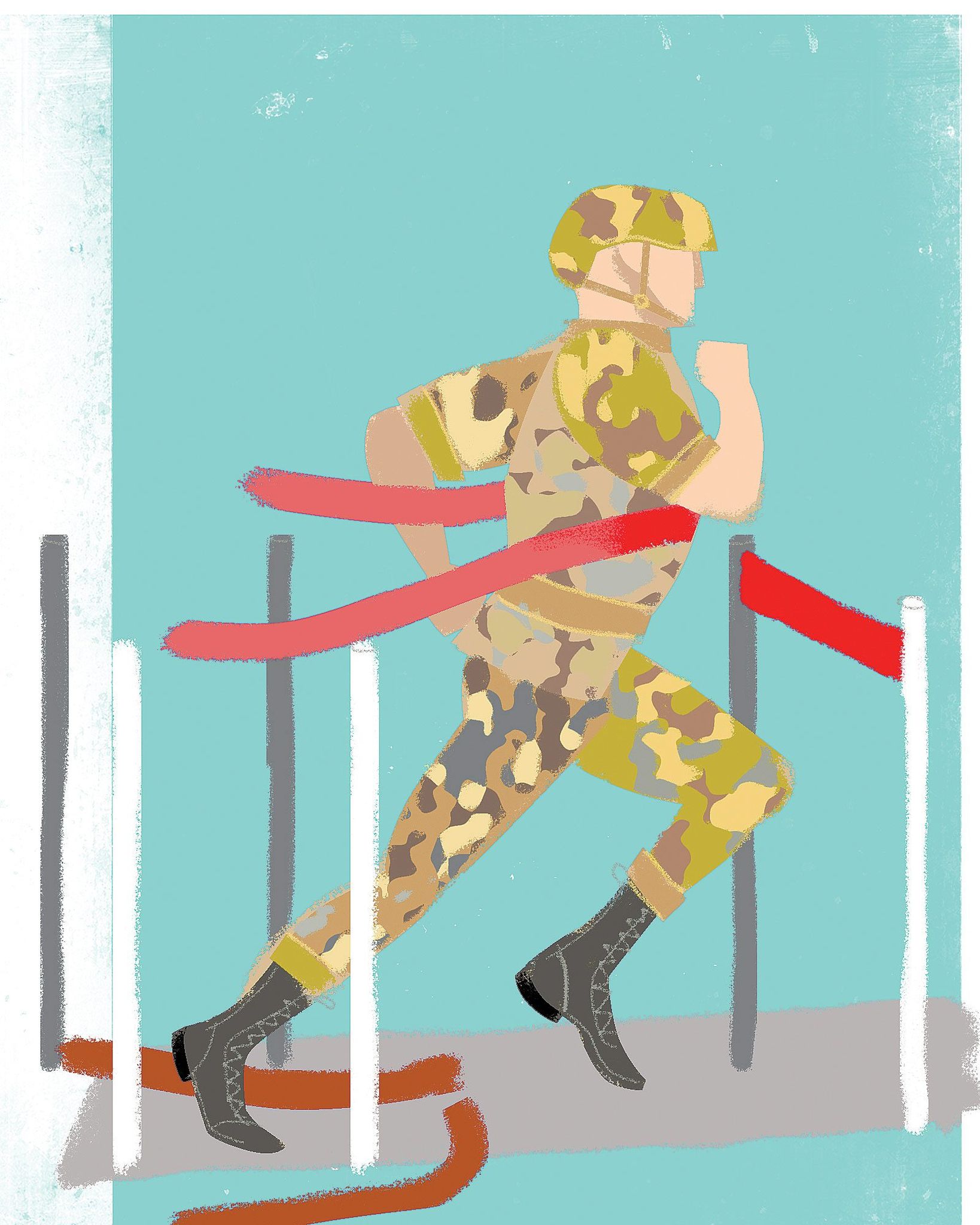Washington Times
Clifford D. May

Ten years ago this month, I joined a small delegation of think tank types invited by the U.S. military to see how the war in Afghanistan was going. My takeaway was that the American-led forces were not defeating the Taliban, but that their mission could be accomplished — if the incoming Barack Obama administration provided the additional resources the generals were saying they needed.
That seemed a realistic possibility. During that year’s election campaign, Mr. Obama made much of the fact that he had opposed intervention in Iraq (in 2002, as an Illinois state senator, he made a speech to that effect), while both Hillary Clinton and John McCain, U.S. senators at the time, voted for it.
Unlike the war in Iraq, Mr. Obama argued, the war in Afghanistan “has to be won,” is a war of necessity, not choice — “the right battlefield,” where we must forcefully respond to the attacks of Sept. 11, 2001. Whether he sincerely believed that, or whether his goal was to signal to voters that he was not too dovish to be commander in chief, I’ll leave for historians to judge.
In December 2009, Mr. Obama announced a surge of 30,000 additional troops into Afghanistan by summer because “our security is at stake … the security of our allies, and the common security of the world.”
But he also announced plans to begin withdrawing those forces by July 2011. His critics — and some supporters — found that incomprehensible. He was telling the Taliban’s leaders that if they could just hunker down and be patient, their toughest enemies would retreat from the battlefield in 18 months. Why do that?
By early 2010, it became clear — at least to Secretary of Defense Robert Gates as noted in the memoir he published four years ago — that President Obama no longer “believed in his own strategy.” More than that, he no longer considered the conflict in Afghanistan “to be his.” The mission had become, Mr. Gates wrote, “all about getting out.”
Mr. Obama terminated his surge in 2012. Campaigning for re-election that year, he reassured voters: “The tide of war is receding.”
Two years later, he announced that America’s “combat mission” in Afghanistan had come to an end, that troop numbers would be reduced dramatically (from 100,000 at the height of the conflict to under 10,000) and that the remaining forces would be assigned mainly to training and advising Afghan fighters.
In July 2016, in the homestretch of his second term, President Obama said he was sending “a message to the Taliban.” He told its leaders: “You’ve been unable to prevail. Afghan security forces continue to grow stronger. And the commitment of the international community, including the United States, to Afghanistan and its people will endure.”
He added that the “the only way to end this conflict and to achieve a full drawdown of foreign forces from Afghanistan is through a lasting political settlement between the Afghan government and the Taliban. That’s the only way.”
The Taliban, we may now safely conclude, was unimpressed and unpersuaded. Over the two-and-a-half years since, it has fought hard, badly bloodied Afghan forces and civilians alike, and gained ground.
Meanwhile, Pakistan, in theory America’s strategic partner, has continued to provide safe haven to the Taliban’s senior commanders, as it has since the start of the conflict. Failing to correct that has seriously undermined America’s military efforts. The Islamic Republic of Iran also has long provided support to the Taliban. Turning a blind eye to that has been unhelpful as well.
As for al Qaeda, it has evolved, but it has never been close to defeat as often claimed. And it remains joined at the ideological and operational hip with the Taliban. Osama bin Laden’s successor, Ayman al-Zawahiri, is alive and well, presumably in Pakistan or Afghanistan, or commuting between the two.
Thomas Joscelyn and Bill Roggio, my colleagues and senior fellows at the Foundation for Defense of Democracies (FDD), have been covering the conflict in Afghanistan since the beginning (with most granularity in FDD’s Long War Journal). They’ve now concluded that the Taliban has indeed prevailed, and that the unenviable task assigned to American diplomats is to find a way out — “one in which the United States can leave without the appearance of losing.”
At best, they believe, the Taliban’s leaders may be willing to provide a decent interval between America’s retreat and a final push to topple the “un-Islamic” and “illegitimate” Afghan government. Perhaps the Taliban will even agree to partition the country “but no one should trust that this arrangement would last long.” Reconciliation — for real, not for show — seems fanciful. Count me among those who believe that the conflict in Afghanistan is not just about Afghanistan. It should be perceived instead as one battle in a long, world war to defend the West against the resurgent and dynamic forces of jihadism — Sunni and Shia alike.
It is possible to lose battles and still win wars. But surely achieving that outcome is more likely if one avoids self-deception, maintains determination, and revises strategy consistent with changing circumstances, keeping a coherent theory of victory firmly in mind.
If President Trump understands and agrees with this, he will want to ask some hard questions over the weeks ahead. He also might consider requesting new and improved policy options. In Afghanistan and beyond, the United States needs to do better than it’s done over the past 10 years.



